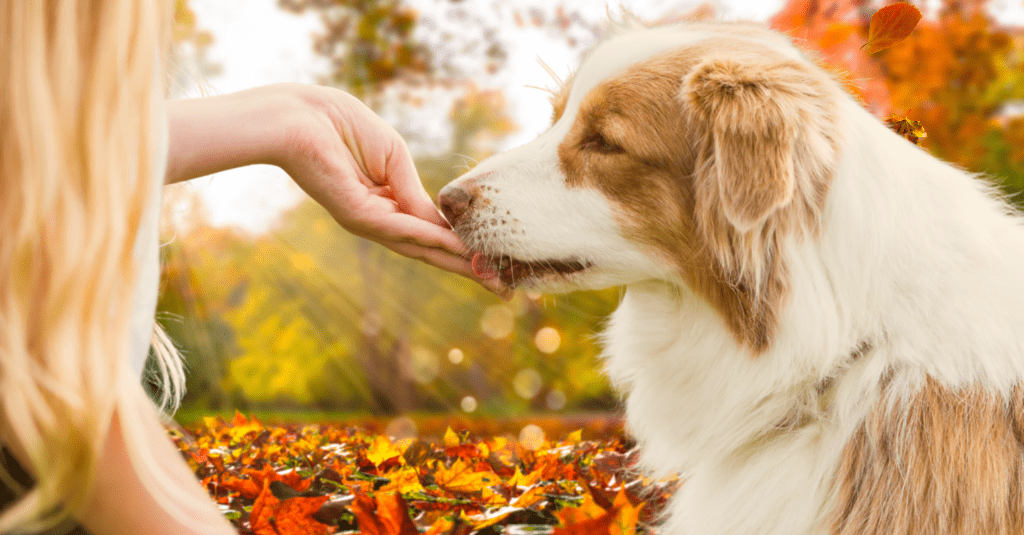Kidney Stones

Natural Support for Cats with Kidney Stones
Kidney stones present in cats as mineralization in the kidneys. They do not typically cause the same degree of pain and discomfort associated with kidney stones in humans. If your cat has a kidney stone, it’s best to support them in every way you can.
The stones formed in the kidney may remain without causing obvious problems. They may lead to progressive kidney damage; or they may block the outflow of urine from the kidney, resulting in loss of kidney function - a veterinary emergency!
Symptoms of Kidney Stones in Cats
- Increased urination
- Frequent urination
- Possible blood in the urine
It’s important to remember that while severe pain is a common feature of passing kidney stones in people, the passage of stones does not seem to be a painful condition in most cats. Signs of a sudden blockage to urine include a decrease in appetite, lethargy, and possible vomiting.
At NHV, our plant-based remedies for kidney stones in cats help supply additional support along with a vet-recommended treatment plan. If you need advice about how best to support your cat, we welcome you to call our free pet expert hotline at 1-877-937-4372 or ask our pet experts online. You can also schedule a consultation with a veterinarian.
About Feline Kidney Stones
The kidneys have many functions including filtering metabolic waste, the production of blood cells and hormones necessary for healthy blood pressure, regulating body fluids, and processing vitamin D.
Kidney stones, also called calculi, may lodge themselves in the kidney or pass through the ureters which may interfere with the elimination of urine. Kidney stones can either be extremely painful or painless.
In cats, kidney stones are most commonly caused by the accumulation and growth of minerals called calcium oxalate. In a recent study conducted at the University of Georgia, Tripsy was found to be potentially beneficial in lowering the risk of calcium oxalate crystals. The cause is unknown, but all cats are prone to kidney stones, and some breeds are more susceptible including:
- Balinese
- Burmese
- Persian
- Siamese
- Short and long-haired domesticated cats
Treatment of kidney stones sometimes requires removal. However, talk to your vet as on occasion removing the stones can cause more damage to the kidney than leaving them in place.
Additional Support Tips
Changing your cat’s diet may help in the prevention of kidney stones but always consult with your veterinarian before making any dietary adjustments.
Including supplements that are ethically sourced with non-GMO ingredients such as those at NHV can help provide extra support for conventional treatments. As a holistic option, our natural remedies for kidney stones in cats make an excellent addition to promoting health and to stimulate the natural healing process.
The kidney stone kit for cats can help not only the kidneys but also the urinary tract as well as the liver. At NHV your cat’s health and well-being come first.



 CAD
CAD
 US Dollar
US Dollar